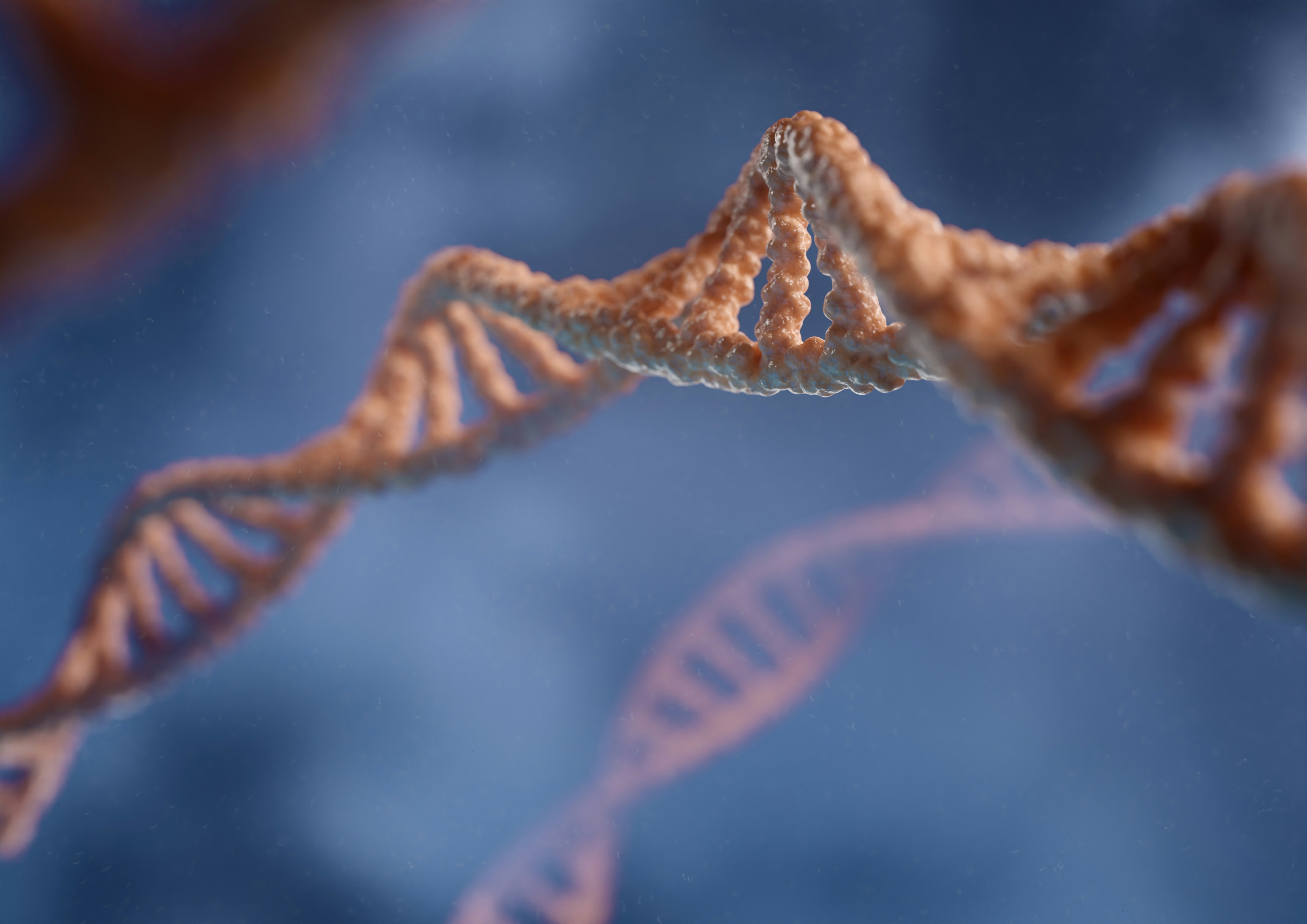Previous Project
Previous Therapeutic
Discovery Project

Project Summary
In partnership with the Broad Institute and Seattle Children’s Research Institute, this project set out to determine whether any existing FDA-approved or clinical-trial-stage drugs might help treat SAMD9L-related diseases, such as Ataxia-Pancytopenia.
To do this, researchers at Seattle Children’s developed lab-grown cells that mimic the effects of the SAMD9L mutation. Using these, the Broad Institute ran a large-scale drug screening—testing upwards of 5,000 medicines to identify any that might reverse the damage caused by the mutation.
Project Outcome
This project was made possible thanks to many generous donors, the hard work of scientists, and a $50,000 matching gift from Seattle Children’s Hospital. Together, we raised over $100,000 to fund the first-ever therapeutic discovery effort focused on the SAMD9L gene. Any additional funds have allowed me to broaden the work the foundation is doing to become a space that supports all SAMD9 and SAMD9L Mutation patients.The screen, now concluding, may soon reveal whether any existing drugs show promise for patients like me. Results will be shared in openly after scientific review in the near future. We will keep you updated as soon as we learn more.
Special thanks to Dr. Allenspach of Seattle Children’s Hospital for all the work he has done researching and treating SAMD9L patients and for working with us to design the drug screen. We are also grateful to the contributions of Dr. Adam Frost of Altos Labs for helping us navigate the biotech terrain.
The Rare Village Foundation generously hosted our fundraising campaign, viewable here.
